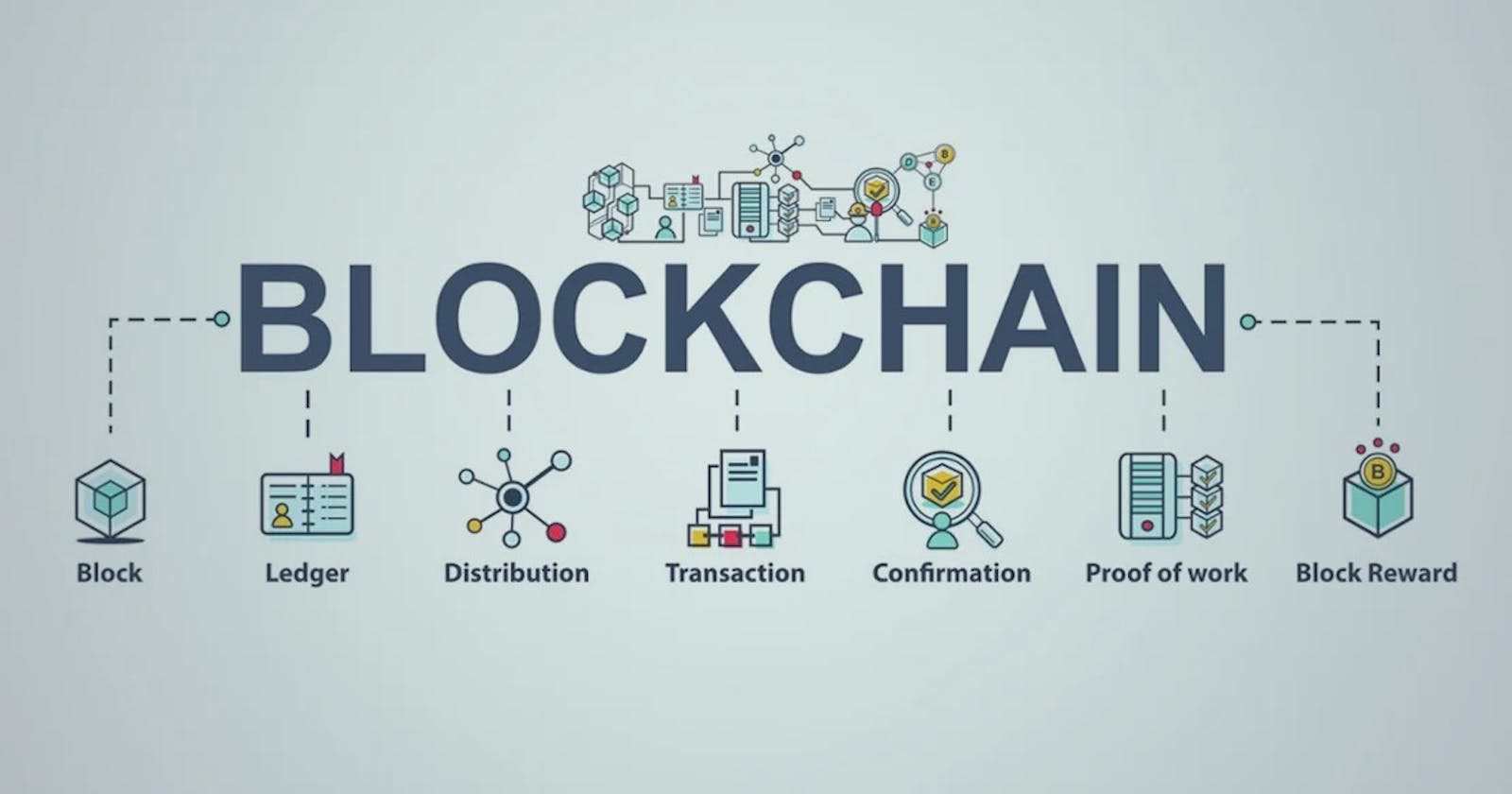It would have probably been another boring rainy college day unless I managed to bunk my daily class schedule. To my fate, I was just caught red-handed and imposed the charge of maintaining the audio-visual systems of an ongoing seminar session as they were in search of someone from the technical department who could handle the mess. From the seminar titled "Upcoming trends on the Internet", I came across something called "BLOCKCHAIN". And as a cyber hippy, I got interested to know more of it and today I'm aware of its capabilities and endless possibilities that it can offer.
](https://cdn-images-1.medium.com/max/2000/1*m1lHEQdN8utCsr1rhlvP8g.jpeg) Courtesy: https://www.3i-infotech.com/
Courtesy: https://www.3i-infotech.com/
Blockchain is a technology that is in its early phases, just like the Internet in the early 1990s; but could be as big.
It isn’t just a use case of the internet, like e-commerce, social networking or email; but is as fundamental and parallel to the internet itself.
It’s something that can change our lives in the next 20 years, in the way that the internet had changed us in the last 20 years.
Finally and most importantly, Blockchain isn’t just spelled ‘B.I.T.C.O.I.N’.
What did you know about Blockchain…? Most of the replies would be like, it’s the technology behind BITCOIN, or cryptocurrency, or ether, or one of those. It’s true; but it’s like defining the internet as the technology behind email, which is also true; but it doesn’t even begin to describe the internet.
Blockchain could be compared to one big ledger in the cloud. And in a ledger, anything including money is nothing but an entry on a ledger. Film an NRI (Non-Residential Indian) sending money, for example from Dubai or any foreign country to his family in Kerala, India. It’s not the money that flys from there over here. It’s actually a ledger entry which happens in his ledger, and another parallel entry that happens in the recipient ledger, and the money is transferred. Now the problem is, in between the sender ledger and the recipient ledger, there are a bunch of other ledgers, such as those owned by banks, money transfer institutions, other financial institutions, regulators, insurance companies, etc.
Each of these ledgers has to be reconciled and changed and as you have to change so many of these, it causes friction. And what this friction creates is a time delay and obviously the cost. And hence if a ₹100 was transferred, it reaches the destination 5-6 days later, and only ₹94 or ₹95 be received for example.
Now, imagine, instead of this broken system if we actually had one universal ledger and all the participants that we discussed above such as the banks, the regulators and or anyone who is actually the participants of that ledger. Or if I use a slightly different language, they are all the nodes in that ledger. And every time an entry had to happen, every single one of them would have to authenticate the transaction like "This is right, this is right, this is right..." And therefore you require only one ledger, that’s real-time.
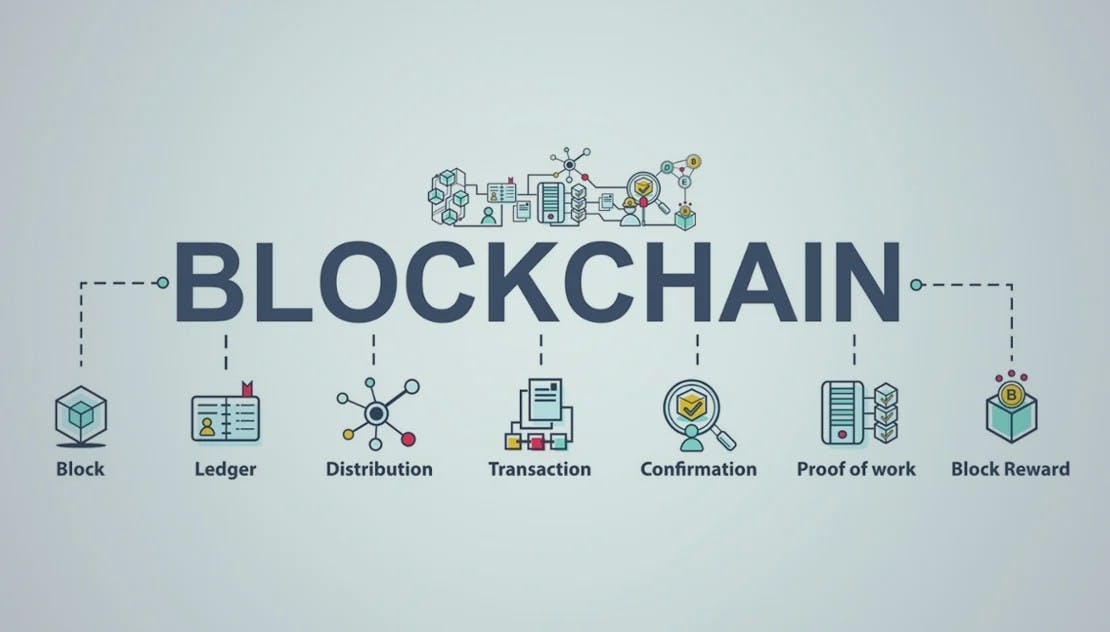
This concept of a single universal ledger is what we know as the heart of blockchain. So whenever a new transaction happens, it gets added on; in fact appended, as a block to an already existing sequence of transactions. And obviously this transaction that has been added be authenticated by everyone and it’s a kind of right for every node. Also, this blockchain is protected by amongst the best cryptographic algorithms available, SHA 256; so very difficult to hack. The other important thing is, every block added is immutably linked to the last block, which in turn is linked to its last one and so on.
And if you have to change one block; say for example if a hacker wants to change or remove a transaction or a block, he/she has to change the entire chain, which is very difficult to do; and therefore super secure.
The other thing in a blockchain is as it’s a chain, we can actually trace back any event. That is in case of an event happens, we can trace back; block by block.
](https://cdn-images-1.medium.com/max/2000/1*PgifHOHkp-AOGr9SnlSbnQ.jpeg) Courtesy: https://miro.medium.com/
Courtesy: https://miro.medium.com/
Blockchains foster or have originated something called smart contracts, which is the logic built in most blockchains; which is whenever an event happens, it triggers another event automatically.
Finally, no one owns the chain!
Then, who maintains it…?
It’s not a bank or a single trusted authority; it’s in fact, the entire bunch of people. That to maintain this chain, we require resources, computing power, electricity, time, money and so on.
](https://cdn-images-1.medium.com/max/2600/1*MJDvtLriDHPDMLhY56kB2Q.jpeg) Courtesy: https://previews.123rf.com/
Courtesy: https://previews.123rf.com/
So when **Satoshi Nakamoto in 2008 invented this concept, he did implement a very brilliant idea. He created a currency along with it. And the currency was the incentive for whole those who maintain this chain. And that currency, as it was the bitcoin blockchain; was called BITCOIN, and the guys who managed it; mined it and become MINERS.** That’s the terminology that we use today.
Blockchain is not just technology, but truly a philosophy. And we talked about how it’s similar, yet different from the internet. The internet solved many problems for us. It solved information problems with some searches, it solved our distribution problem with Amazon, YouTube; video music and digital files, etc: it also solved our communication problem with email messenger chat, etc: It became very easy.
But, there were 2 main problems that the internet was supposed to solve; which it did not…!
One is TRUST. How many of you trust the stuff on the internet? Fake News, Money, Fake Profiles… And the 2nd problem that the internet was to solve is the INTERMEDIARY problem. If big intermediaries are swept away, the small man could come up, and there will be a level plain field. But the internet had created far more intermediaries than of it existed before the internet like Amazon, Google; to an extend, Uber, Microsoft, etc.
Why the people are excited about Blockchain is the fact that it promises to solve the 2 problems that the internet could not solve; the trust problem and the intermediary problem and bring back a true, honest to goodness, peer to peer economy.
Blockchains and cryptocurrencies are actually are defied of each other. We cannot have a cryptocurrency unless there’s a blockchain behind it. Similiarly, unless there is a cryptocurrency-built incentive system, there won’t be any blockchain. But then, our leaders and politicians and policymakers think a little bit different as one is good and the other is evil. Cryptocurrencies are evil, but blockchains are good. This happens to be the prevalent notion around the globe.
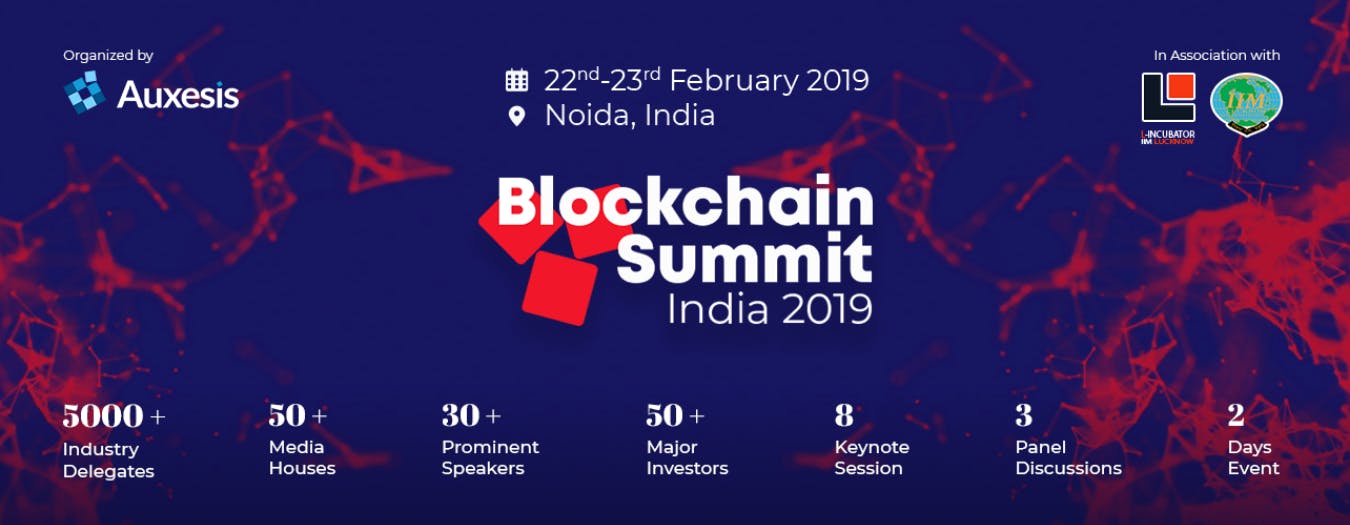
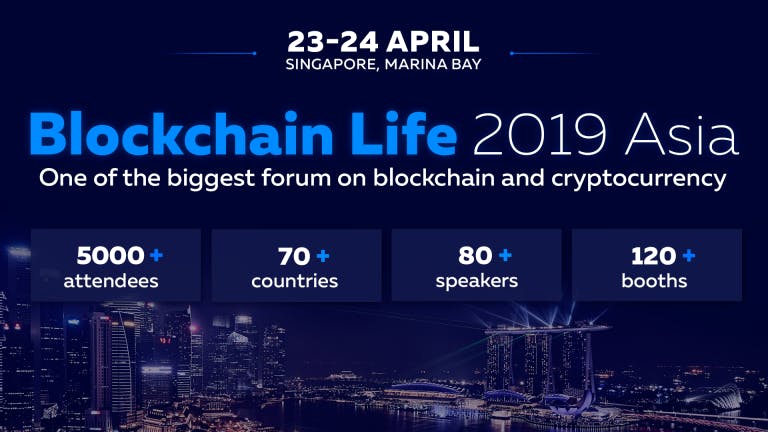
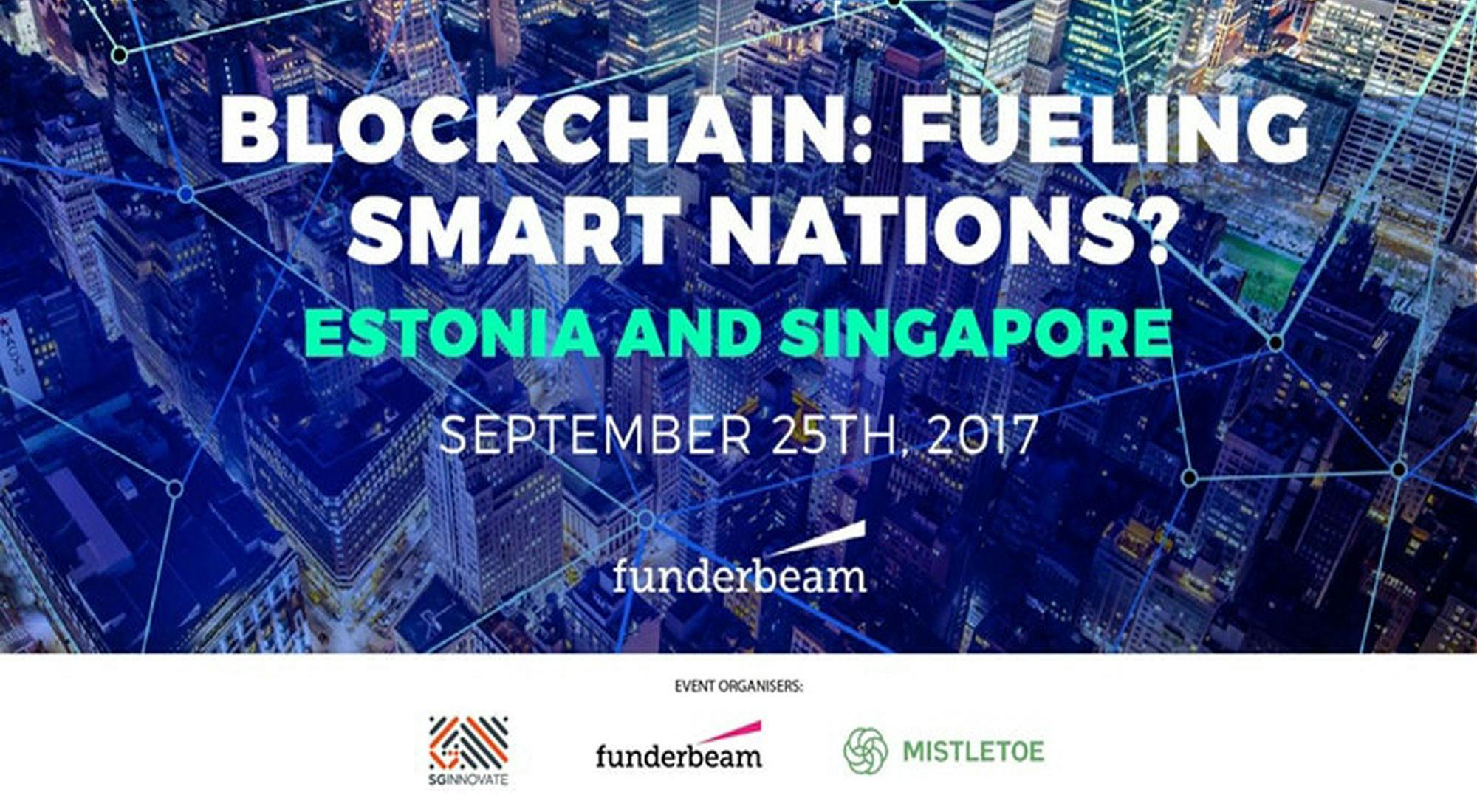 Blockchain conferences around the globe:
Blockchain conferences around the globe:
Many countries like Japan, Canada, Dubai, Estonia, Mauritius; in fact Mauritius is calling itself Ethereum Island, etc: want to become Blockchain Nations. They all want to use Blockchain to transform their country’s economies and more things beyond that.
Let’s hope, that our leaders, politicians, and policymakers understand the true power of Blockchain Technology and implement it to transform India’s economy.

